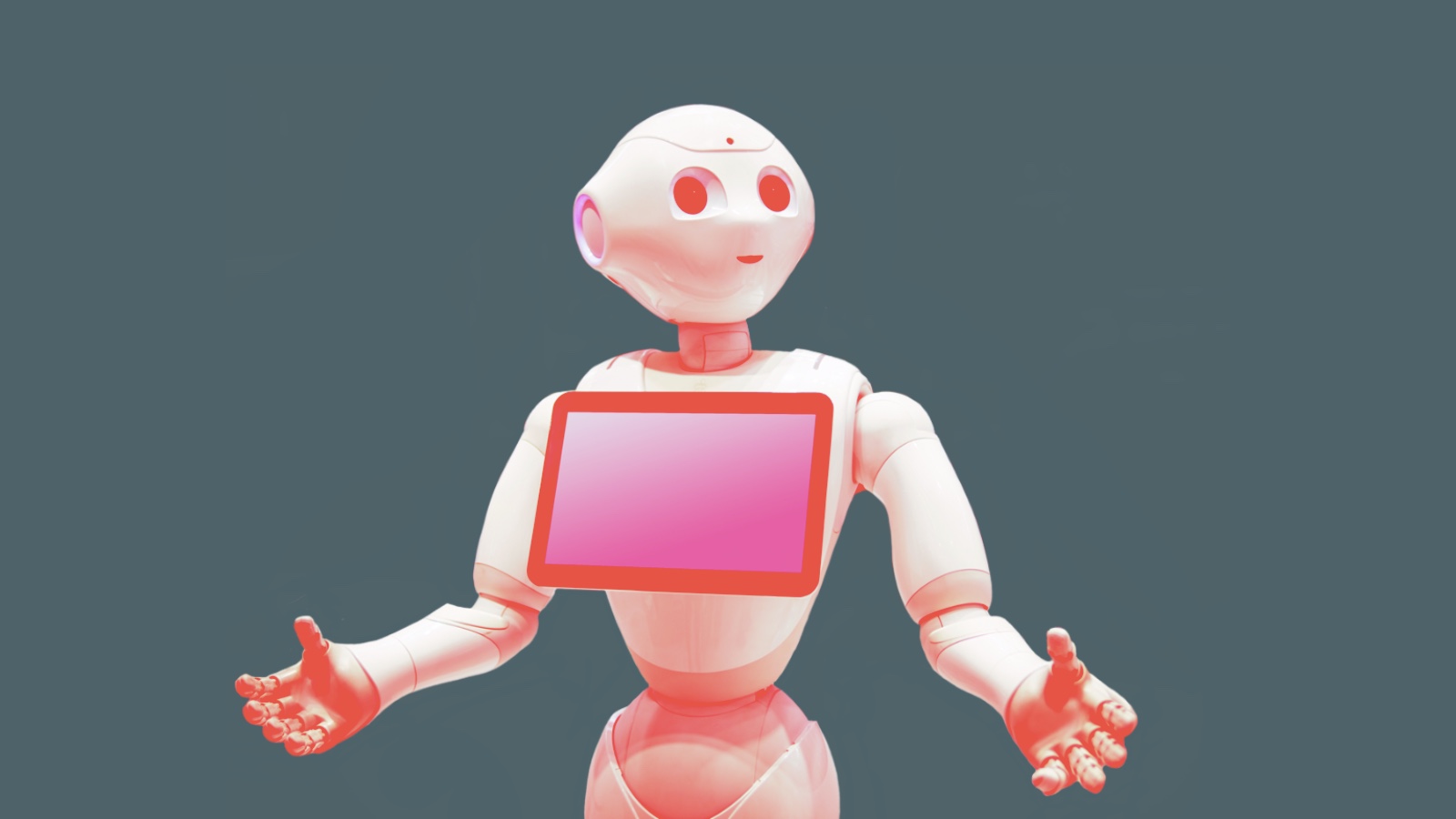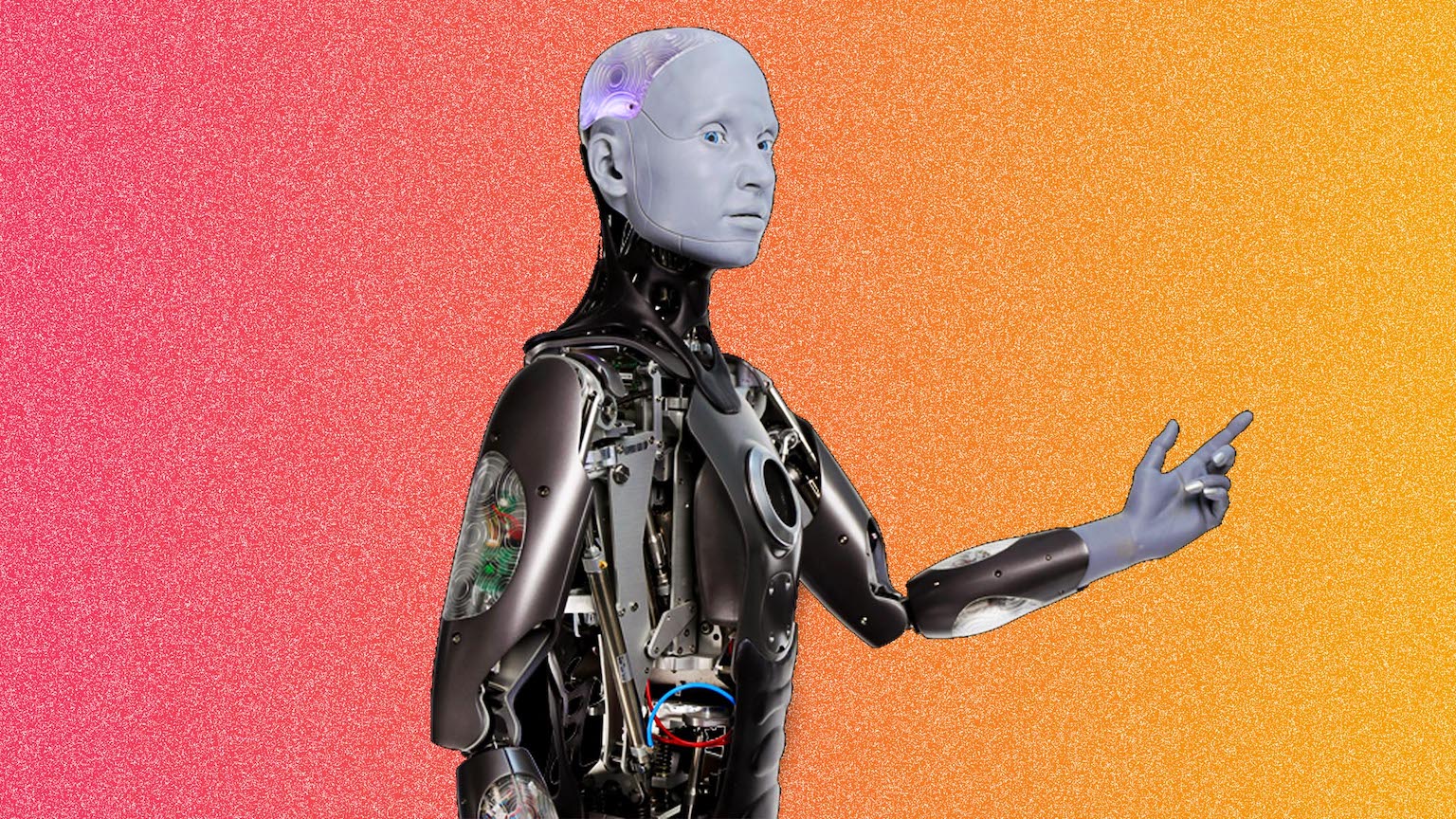Using Robots To Help Children With Autism Learn

Article written by guest writer Kecia Lynn
What’s the Latest Development?
A primary school in the UK has been using two humanoid robots, Max and Ben, to teach phonics to and play various memory and imitation games with children with autism. The robots are knee-high, move like children, and show no emotion, which makes them less threatening than human children and adults. Head teacher Ian Lowe says that the robots help them clear some major interaction hurdles: “Children who first come into school unable to make eye contact with humans start to communicate through the robots.” Donated by a French company, they cost about £15,000 (about $24,000) each.
What’s the Big Idea?
University of Birmingham researchers say that the programming built into the robots is the key to their success, and that they’re looking for creative ways to make them meet the learning needs for more children. Director Dr. Karen Guldberg says, “It is amazing to see how engaged and focused they can be when they are working with the robot…If you can meet the needs of children [with] autism you can meet the needs of all children.”
Photo Credit: Shutterstock.com





